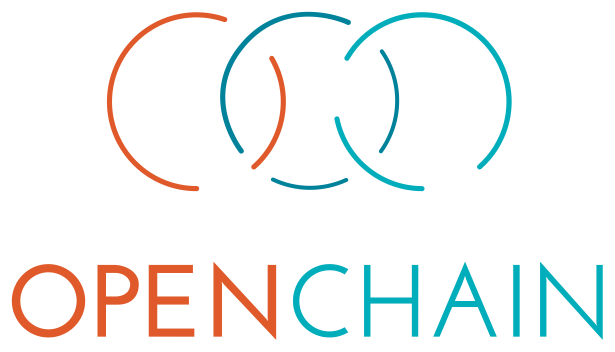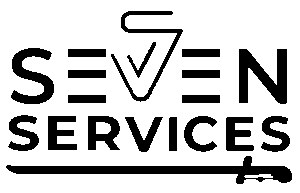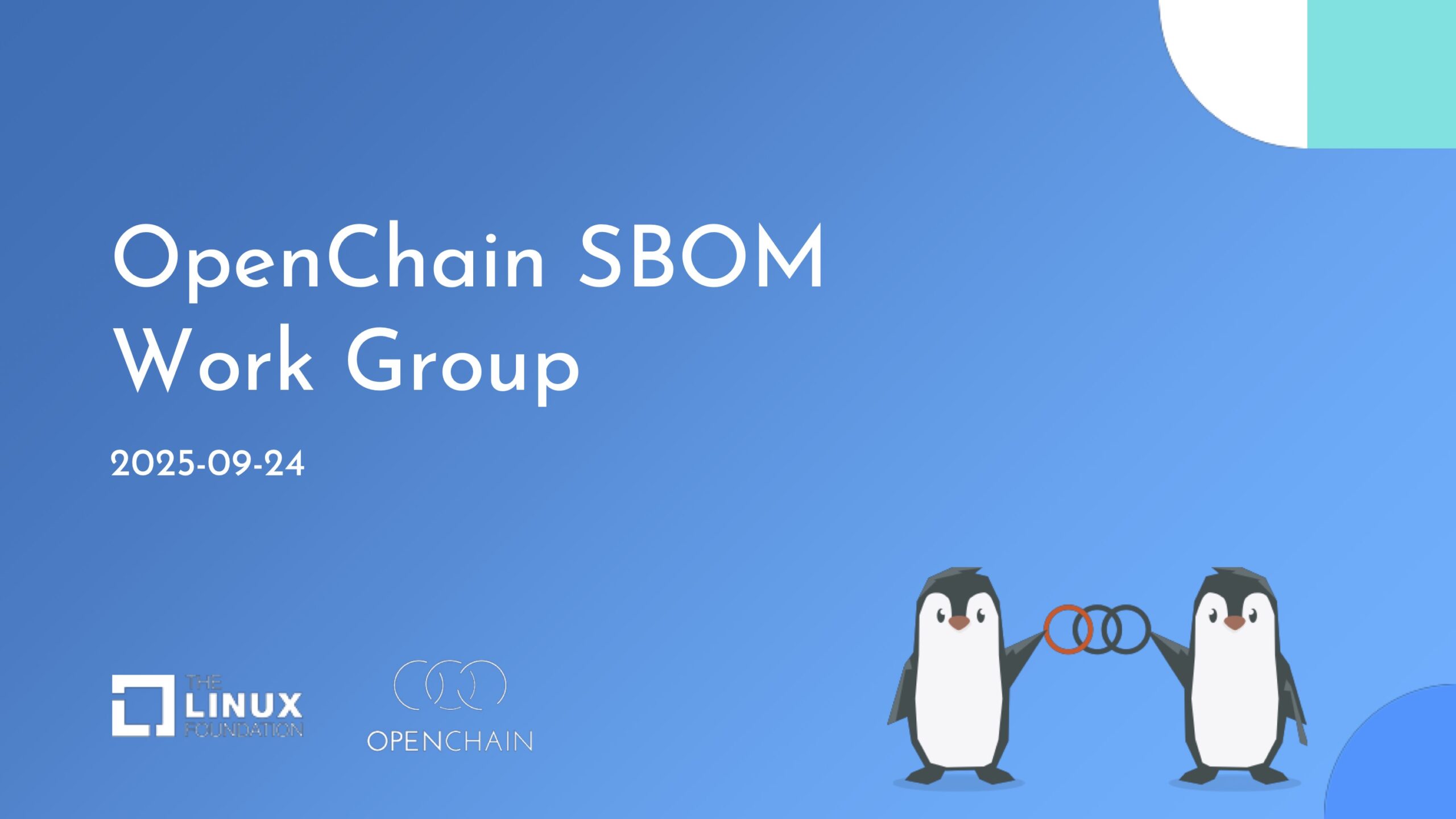
JUN Legal GmbH is the latest official OpenChain Partner, expanding coverage and diversity of options in the German market.
“Open source is a strategic topic for the European Union,” says Florian Hackel, specialized lawyer for IT law. “Projects like OpenChain, and the ISO process standards they maintain, offer a path to sustainable, reliable and trustworthy management. We are delighted to be able to support our clients and the broader community in the continued professionalization of open source.”
“Germany is a key market for the OpenChain Project,” says Shane Coughlan, OpenChain General Manager. “I am delighted to see our options for the community expanding, and our avenues for advocacy and support doing the same. I look forward to future collaboration with JUN and their team.”
About JUN Legal GmbH
JUN Legal is a medium-sized German law firm specializing in IT law, AI and open source compliance. Our team currently includes 27 attorneys with FOSS experience, eight of whom are Certified Specialist Lawyers for IT Law. For more than a decade, we have supported major corporate clients in ensuring license-compliant integration of open source software components and in developing strategic policies for the use of open source and its diverse licensing models. Our experience also includes delivering expert lectures, publishing on open source legal topics, and representing clients in selected court proceedings.
Learn more: https://jun.legal/en/





